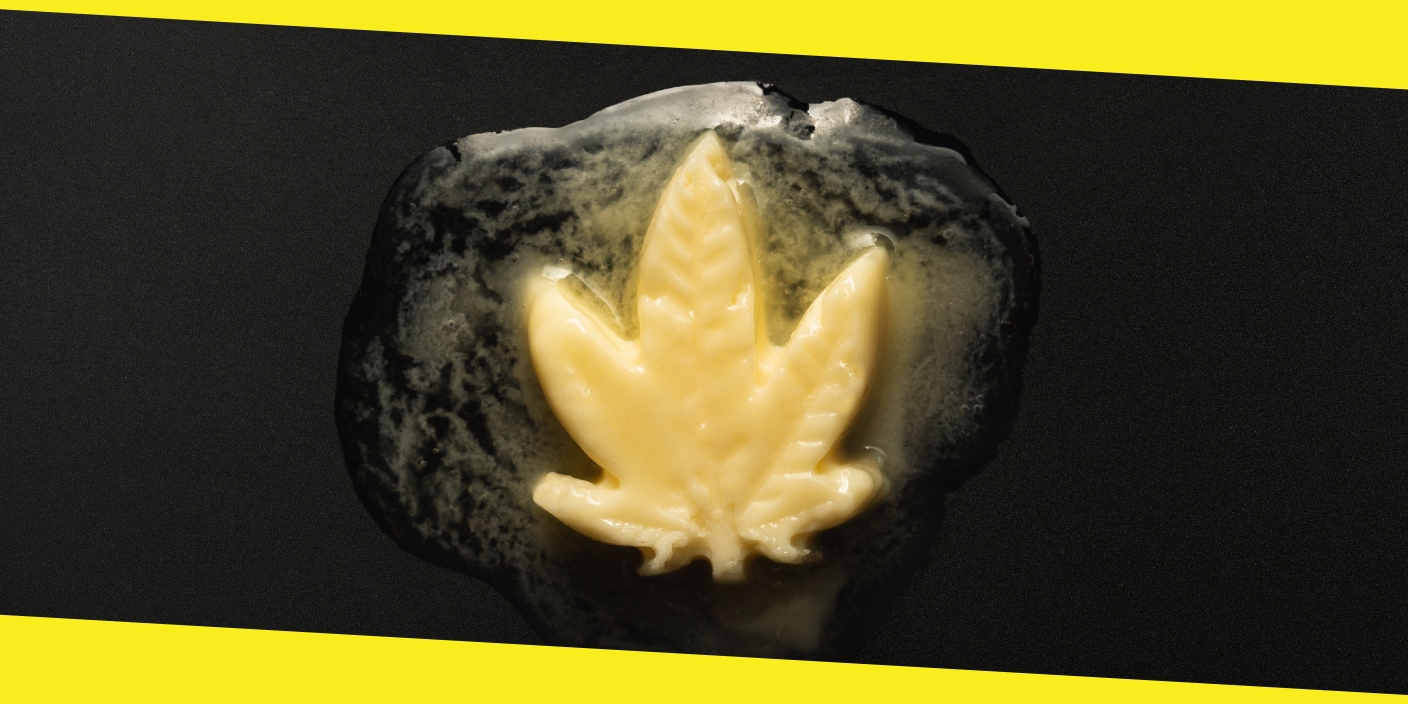Unleashing the Power of Cannabis-Infused Butter: The Science Behind Its Psychoactive Effects

Cannabis has been used for centuries for both medicinal and recreational purposes. It contains compounds known as cannabinoids, which have various effects on the body. One of the most well-known cannabinoids is delta-9-tetrahydrocannabinol (THC), which is responsible for the psychoactive effects of cannabis. In recent years, cannabis-infused edibles have become increasingly popular, including cannabis-infused butter. In this blog post, we will explore the science behind the psychoactive effects of cannabis-infused butter.
Contents
ToggleUnderstanding Psychoactive Effects
What are Psychoactive Effects?
Psychoactive effects are changes in mood, perception, or consciousness caused by the ingestion or use of certain substances. These substances can be natural or synthetic, and include drugs such as alcohol, caffeine, and nicotine, as well as medications and recreational drugs.
The psychoactive effects of substances can vary widely, depending on the specific substance, dose, and individual factors such as age, weight, and overall health. Some substances can produce pleasant and enjoyable effects, while others can cause negative and even dangerous effects. In some cases, psychoactive effects may be used therapeutically to treat mental health disorders, such as depression and anxiety. However, it is important to use these substances responsibly and under the guidance of a healthcare professional to minimize the risk of adverse effects.
How do they Work?
Psychoactive substances work by interacting with the body’s nervous system, specifically the brain. They can affect various neurotransmitters, which are chemical messengers that allow nerve cells to communicate with each other. Different psychoactive substances affect different neurotransmitters, which is why they can have different effects on the body.
While some of these substances are legal and widely used, others are highly regulated and can be dangerous if not used correctly. The effects of psychoactive substances can range from increased energy and euphoria to sedation and relaxation. Long-term use of some psychoactive substances can lead to addiction, physical dependence, and other health problems. It is important to be informed about the risks and effects of these substances before using them.
Cannabis and Psychoactive Effects
What is Cannabis?
Cannabis is a plant that contains over 100 different cannabinoids. The most well-known of these is THC, which is responsible for the psychoactive effects of cannabis. Other cannabinoids include cannabidiol (CBD), which does not have psychoactive effects, and cannabinol (CBN).
How does Cannabis Cause Psychoactive Effects?
When cannabis is ingested, the cannabinoids it contains bind to receptors in the brain and nervous system. THC specifically binds to the cannabinoid receptors CB1 and CB2, which are found throughout the body but are most concentrated in the brain. This binding results in the release of dopamine, a neurotransmitter that is associated with feelings of pleasure and reward. It also affects other neurotransmitters, such as GABA and glutamate, which are involved in regulating mood and anxiety.
Infusing Butter with Cannabis
What is Cannabis-Infused Butter?
Cannabis-infused butter, also known as marijuana butter or cannabutter, is butter that has been infused with cannabis. It can be used in a variety of recipes to create cannabis-infused edibles, such as brownies, cookies, and cakes.
How is Cannabis-Infused Butter Made?
To make cannabis-infused butter, cannabis is first decarboxylated, which involves heating it to a specific temperature to activate the cannabinoids. The activated cannabis is then combined with butter and heated over low heat for several hours. This allows the cannabinoids to bind with the fat in the butter, creating a potent cannabis-infused product.
The Science Behind Cannabis-Infused Butter’s Psychoactive Effects
How Does THC Interact with the Body?
THC interacts with the body through the endocannabinoid system, which is a complex network of receptors and neurotransmitters that regulate various bodily functions, including mood, appetite, and pain sensation. THC binds to the CB1 and CB2 receptors in the endocannabinoid system, which results in the release of dopamine and other neurotransmitters.
How Does Ingesting Cannabis-Infused Butter Affect the Body?
When cannabis-infused butter is ingested, it is metabolized by the liver and converted into a different compound called 11-hydroxy-THC. This compound is more potent than THC and can have stronger psychoactive effects. The effects of ingesting cannabis-infused butter can take longer to onset than smoking or vaping cannabis, but they can also last longer.
Cannabis-infused butter is a popular way to consume cannabis for both medicinal and recreational purposes. Understanding the science behind its psychoactive effects can help individuals make informed decisions about its use. By understanding how THC interacts with the body and how cannabis-infused butter is made and metabolized, individuals can better understand the potential effects of consuming it.
In conclusion, the psychoactive effects of cannabis-infused butter are due to the interaction of THC with the endocannabinoid system in the body. By infusing butter with cannabis and ingesting it, individuals can experience a variety of psychoactive effects. However, it is important to consume cannabis-infused products responsibly and in moderation, as they can have stronger and longer-lasting effects than smoking or vaping cannabis. With a better understanding of the science behind cannabis-infused butter, individuals can make informed decisions about its use for both medicinal and recreational purposes.
Recommended For You
Why Annual Physical Exams Are Critical for Your Everyday Health
Most Inside
Most Inside offers high-quality recommendations and valuable updates to enhance all aspects of your life, providing premium guidance and enriching experiences.




